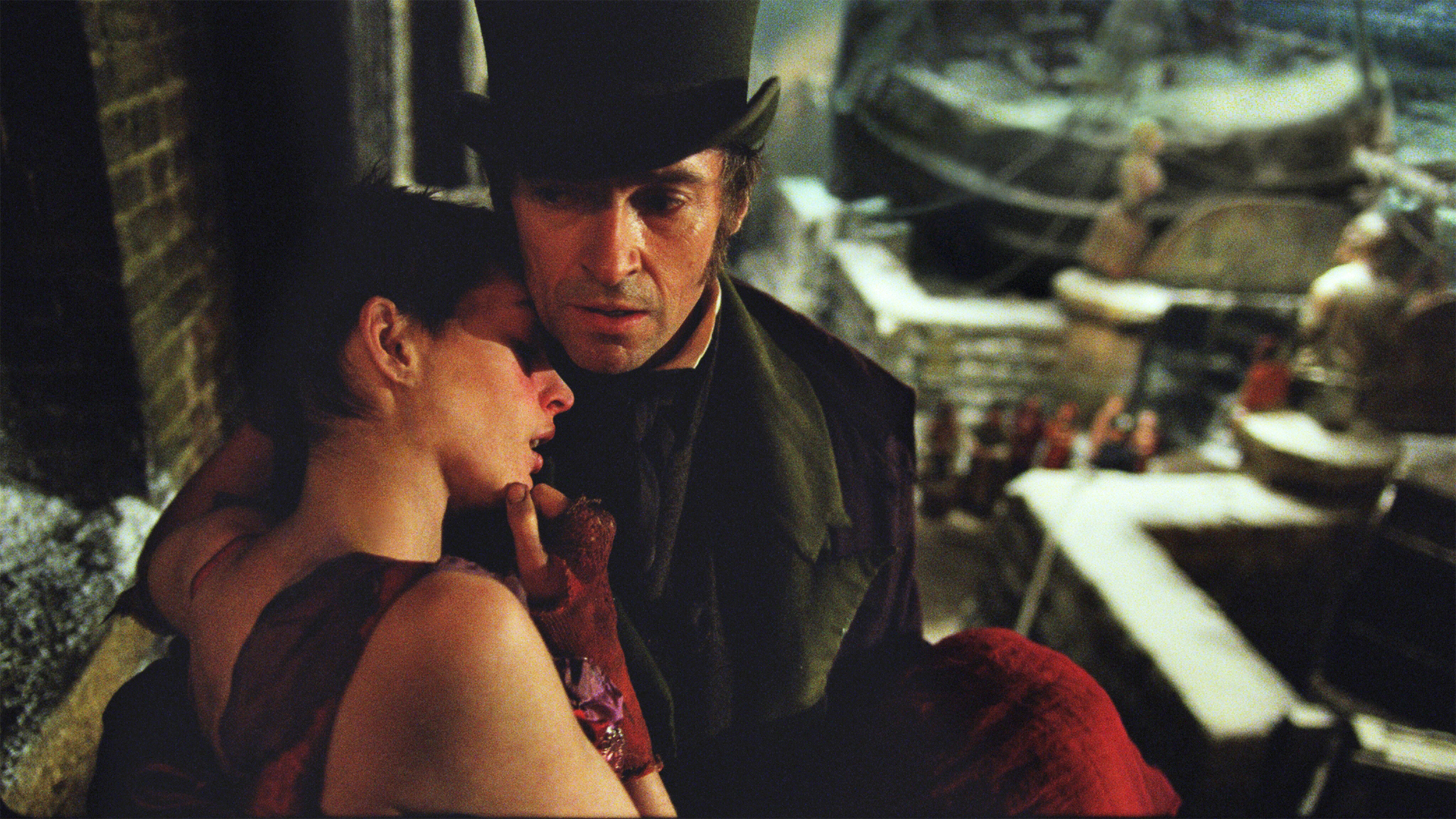

But I knew that with Les Misérables it had to feel real visceral and grounded. In a lighter comedic context, one does that act of forgiveness repeatedly and even easily. Hooper: It came out of feeling that, even in my favorite musicals, you have to forgive a slight artificiality in the lip-syncing. TIME: What on earth possessed you to try to do this live? TIME caught up with him shortly after the rapturously received first screenings of Les Misérables in New York City. In person, Hooper is quiet, measured and totally in the moment, whether he’s talking about French republicanism or The Rocky Horror Picture Show. Now, with the likes of Hugh Jackman, Anne Hathaway and Russell Crowe in front of his camera, he has tackled Les Misérables, the beloved musical that ran on Broadway for 26 years. Considering the sleek design of this Les Misérables-and the imperfect vocal abilities of Amanda Seyfried-it will not be surprising if the live vocals are partly masked with post-production mixing and overdubbing.Follow Hooper came to fame by adapting the past: first via a pair of HBO films (with Helen Mirren as Elizabeth I and Paul Giamatti and Laura Linney in the spellbinding John Adams), then with a royal drama about speech therapy ( The King’s Speech, for which he won the Oscar).

Much of what audiences heard was a “blend” of live and re-recorded singing. During the filming of Mamma Mia!, Meryl Streep insisted on singing live-but, as director Phyllida Lloyd later explained, the movie only included some of those vocals. It’s also fair to wonder at this point how much of the live singing will make it into the final cut. Compare Hooper’s Les Misérables to 1932’s Love Me Tonight, for instance, which recorded the full orchestra and the vocals simultaneously while filming, and you see that the new film is not quite as innovative as they’re suggesting. As film scholar Lea Jacobs explains, musical numbers at Paramount Studios were recorded live on set “whenever possible” as early as 1931, and RKO recorded singers live-accompanied either by a live orchestra present off-screen or a recording of the score-until 1934’s The Gay Divorcee. Even if you eliminate non-narrative concert and experimental films-which typically record vocals live-there are movie musicals that counter Hooper’s claim.


 0 kommentar(er)
0 kommentar(er)
